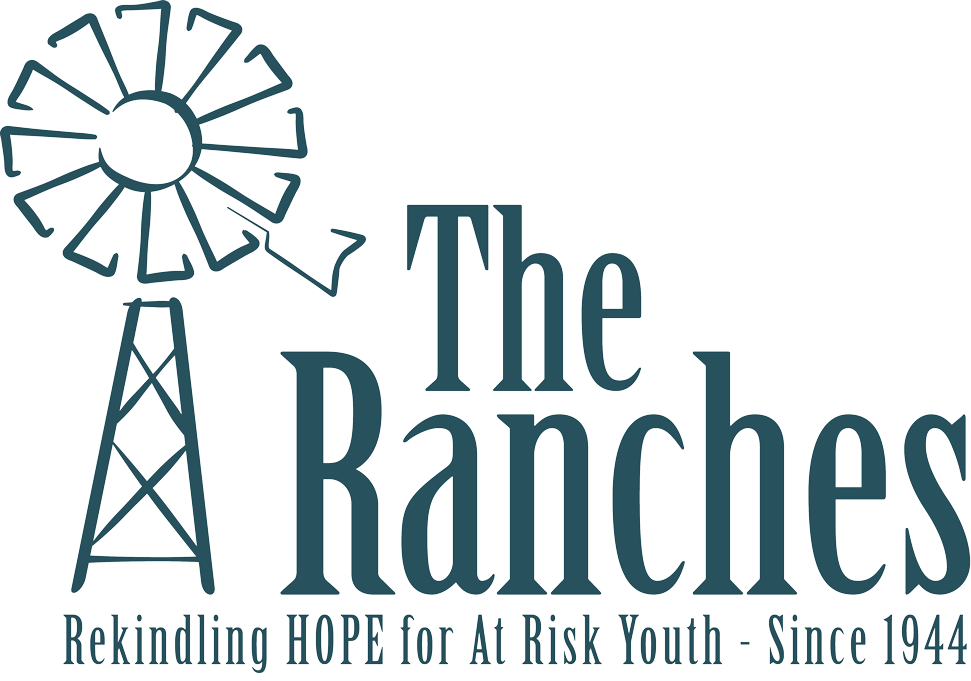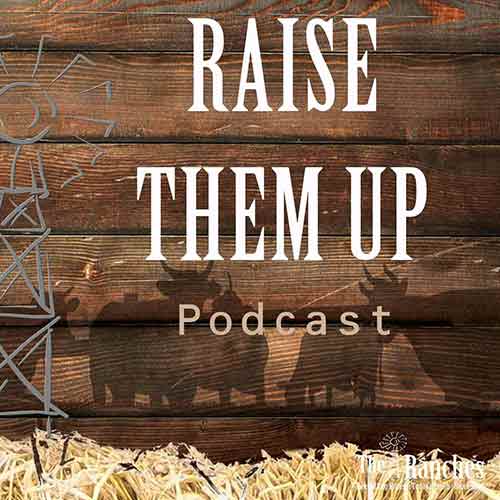Podcast: Play in new window | Download (Duration: 21:49 — 40.0MB)
Podcast
Family Culture – Podcast Episode 4
For the sake of this podcast, we will be defining family culture as “the way things are done around here.”
Every family has a culture and that culture is different than any other family culture; even if there are similarities between families…especially within the same larger family. Some components of the family culture are how traditions are handled, church, eating, hobbies, activities, food, etc.
Traditions are important in a family as they make milestones, such as birthdays, anniversaries and celebrations, consistent and valuable. Some families have Sunday dinner together, some go out to eat for birthdays, still others watch the Super Bowl together. (Gary watches soccer…so theres that)
Church attendance can be a part of family culture and defines faith thought processes. Some go every week and some go at Christmas and Easter.
Food is a part of most all cultures and family cultures are no different. Dishes that are favorites or special desserts all are a part of the family culture.
Hobbies also help to define the culture. Hiking or cooking together or TV shows are all a part of the family culture and are important to those in the family.
Lastly, decision making is a part of the family culture. Some families make decisions as a group while others rely on the parents and the kids just accept the decisions. Even within the decision making process, Mom or Dad may be the “final” decision maker. Kids learn how this works very early and come to rely on it. Changing the rules can create problems. In single parent homes, this is particularly difficult if the parent involves the children as they start thinking that the family is a democracy.
In addition, a new step parent or even a new boyfriend or girlfriend can disrupt the culture of the family and have a big impact on the kids.
While family culture is important, we aren’t here to judge or criticize the culture of other peoples families. We do, however, need to talk about it at times. Kids do well when they are able to discuss it and understand it. In a lot of families, “that’s just the way it is” becomes the only statement made about culture. It is more effective to discuss it though and to help kids to understand why it is the way that it is.
Example: Cop family – the parent that isn’t a cop may have to make more decisions and be more involved as the police officer isn’t able to be a part of things as easily or answer their phone every time a decision needs to be made. This is how the family operates.


